Cork professor: Book came to me when I was in hospital with no wi-fi, no visitors
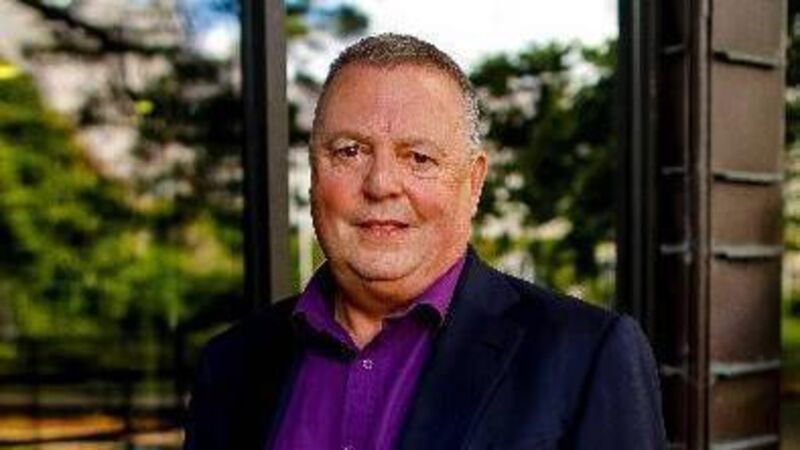
John Sodeau is Professor Emeritus of Chemistry
FROM a career in science, Emeritus Professor of Chemistry at UCC, John Sodeau, has made the transition to literature and published his first novel.
Field Lane mixes real historical figures with well known characters from Oliver Twist by Charles Dickens and The Adventures of Huckleberry Finn by Mark Twain. It sounds like quite a leap.
John says the idea for his book came to him while in a hospital bed with no wi-fi and no visitors because of Covid restrictions, and no books to read.
“But there were plenty of pain-killers,” says the Crosshaven-based author and scientist.
He says he had no intention of writing about “slavery, famine, drugs, racial prejudice and the black/white polarised stands that are present in all societies. But these themes grew as the book progressed in my mind and on the screen.
I just wanted to tell a historical/scientific story which will make readers want to turn the pages. An edutainment if you like. Some might term it a ‘faction’.”
The main character in the book is Charley Bates, the little-known thief who “acted as the third wheel to the Artful Dodger and Oliver Twist in Fagin’s gang. Dickens’ final chapter provides the boy with a measure of redemption by turning him into ‘the merriest young grazier in the whole of Northamptonshire.’
“On the other hand, we are told the villain, Monks, the wicked stepbrother of Oliver, died in prison in a distant part of the New World. How did both of these outcomes happen?
“Could Charley’s story have overlapped with Monks’s last breath?” In Field Lane, this happens.
The milieu is a world “filled with social injustice, slavery and royal privilege.
It also foresees a world of accelerating scientific discovery, especially in the development, some 100 years later, of pharmaceutical formulations of energy drinks like Red Bull and the addictive drug, Oxycontin.
The story begins in the East End of London, where John is originally from. Two young boys meet for the first time and will become life-long friends, due to their work for Fagin, politely termed a receiver of stolen goods. Along the way, they meet thugs like Bill Sikes and good friends, like Nancy.”
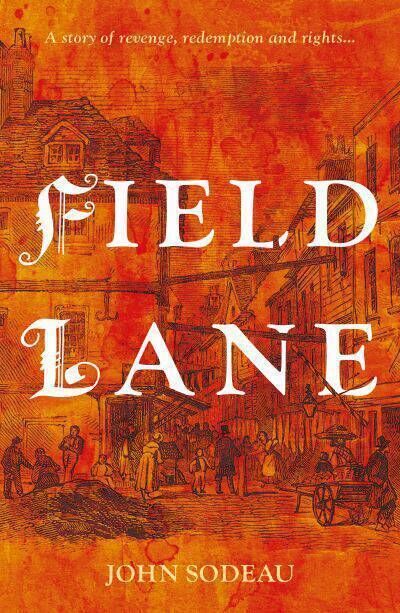
Their own families are imagined and become intertwined with real-life characters such as the Duchess of Kent, mother of the future Queen Victoria, Charles Tanqueray of London Dry Gin fame, and eminent scientists like Michael Faraday.
The language in The Adventures of Huckleberry Finn includes racial slurs such as the ‘N’ word. Asked if books, including classics, should be sanitised for today’s readers, John says he doesn’t believe in “the retro-sanitisation of books”.
“Books are part of our history. Having said that, the ‘N’ word did appear in my original draft in a section involving Jim Brown living at his plantation. After a lot of thought, I replaced the word with ‘Massa’s houseboi’. One of my editors had raised the possibility that the use of the ‘N’ word might become the story rather than the story itself. I’m not writing in the nineteenth century so I changed it.”
John never regretted studying science rather than the arts.
“The reason is that I enjoy problem solving. So I felt I would get more of an intellectual kick and job satisfaction from studying the physical sciences. And I have not been disappointed, although, as I get older, I’ve found that true creativity needs to borrow freely from other disciplines, including philosophy and literature.”
He adds that people sometimes believe that scientists “are unemotional robots who are only interested in actual discovery rather than its societal impacts.
“Nothing could be further from the truth. Scientists laugh, cry, lose their tempers and get jealous. They are even known to read novels and write the occasional love poem set to music. Both the arts and sciences are naturally everywhere in our lives.”
Who will John’s book appeal to?
Readers and fans of Dickens and Twain for sure, I hope. But also those with an interest in the chemistry of drugs and how some of them, morphine and caffeine, were discovered in the nineteenth century.
“Perhaps it will appeal to some history buffs who like to read about the sometimes outrageous antics the rich and royal got up to not so long ago. But the people I hope it appeals to most are those who don’t normally read books.”
John says that while reading Oliver Twist was “imposed” on him as a schoolboy, he remembers nothing about the experience.
“My first memorable link to the plot and book was the Oliver! movie – possibly like many others. Looking back at it recently, I was surprised to see that the character Charley does indeed make an appearance.
“Sad to say, for many years, Huckleberry Finn was, to me, only a Disney experience. But I did read it thoroughly for the first time last November.”

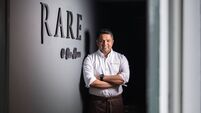
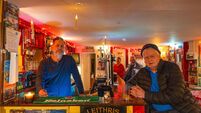
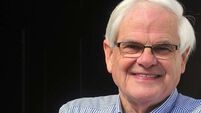



 App?
App?


